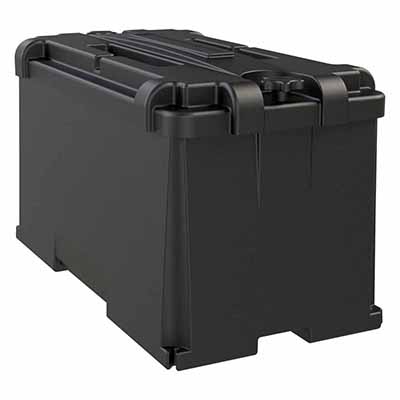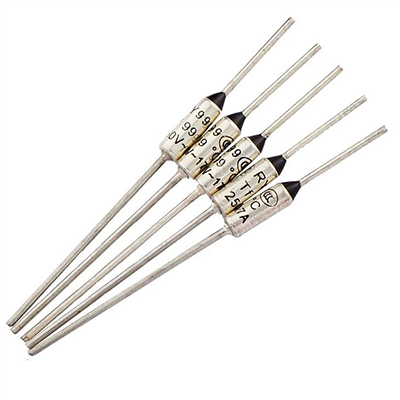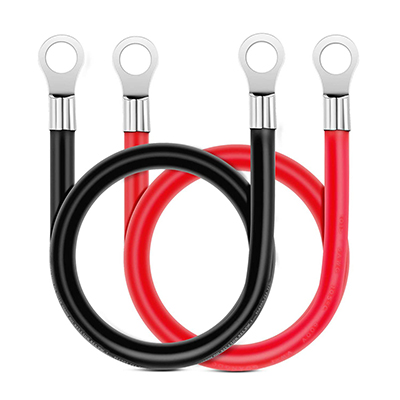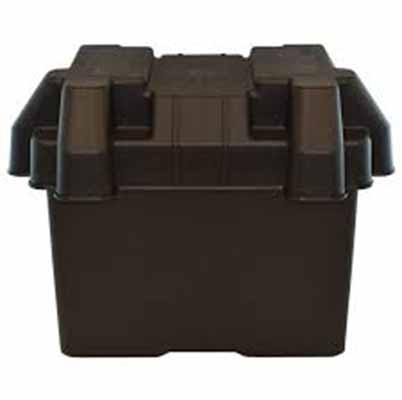Cutting-Edge Materials and Coatings to Combat Corrosion in Vehicle Battery Enclosures
News 2025-10-20
Corrosion poses a significant threat to the integrity of car battery boxes, especially in harsh automotive environments where exposure to moisture, road salts, and temperature fluctuations is common. This degradation can lead to safety hazards, reduced battery performance, and costly repairs. Selecting appropriate materials and coatings is crucial for enhancing durability and reliability. In the automotive industry, effective corrosion resistance ensures longer service life and compliance with stringent safety standards, making it a key focus for manufacturers aiming to improve vehicle longevity and efficiency.

Key Materials for Corrosion Resistance
Corrosion-resistant materials form the foundation of durable battery boxes. Stainless steel and aluminum alloys are popular choices due to their inherent properties that resist oxidation and chemical attack. For instance, in electric vehicles, lightweight composites like carbon fiber-reinforced polymers offer superior strength-to-weight ratios while providing excellent barrier protection against corrosive elements. These materials excel in applications involving frequent exposure to road de-icing salts or coastal humidity, delivering performance advantages such as reduced maintenance costs and enhanced structural integrity over traditional metals.
Advanced Coating Technologies
Coatings play a vital role in augmenting the corrosion resistance of battery box materials by creating protective layers that shield against environmental aggressors. Techniques such as electrophoretic deposition and powder coating apply uniform, adherent films that prevent moisture ingress and electrochemical reactions. In high-performance scenarios, like heavy-duty trucks or hybrid vehicles, nano-ceramic coatings provide exceptional abrasion resistance and longevity, outperforming conventional paints by extending the component’s lifespan by up to 50%. This technology not only boosts reliability but also supports weight reduction efforts, contributing to better fuel efficiency and overall vehicle performance.
Frequently Asked Questions
1. What are the best materials for extreme corrosion environments?
For severe conditions, aluminum alloys with high silicon content or titanium-based composites are ideal, as they offer superior resistance to pitting and crevice corrosion, ensuring reliability in marine or industrial settings.
2. How do coatings enhance battery box durability?
Coatings act as a barrier, reducing direct exposure to corrosive agents and minimizing wear, which can extend the battery box’s service life by preventing rust formation and maintaining electrical insulation.
3. Are there sustainable options for corrosion protection?
Yes, eco-friendly alternatives like water-based coatings and recycled metal alloys provide effective corrosion resistance with lower environmental impact, supporting greener automotive manufacturing practices.


